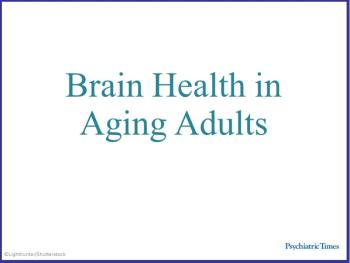
Three studies highlight sedentary behavior and memory, cognitive decline in psychosis, and risk of dementia with anticholinergic drugs.

Three studies highlight sedentary behavior and memory, cognitive decline in psychosis, and risk of dementia with anticholinergic drugs.

A prediction model may help identify treatment characteristics associated with TD among patients with psychiatric disorders taking antipsychotic medications.
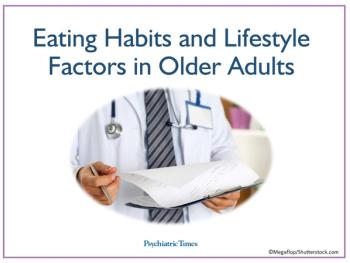
Three news studies show how eating habits and other lifestyle factors affect cognition and brain imaging may be useful in predicting dementia.
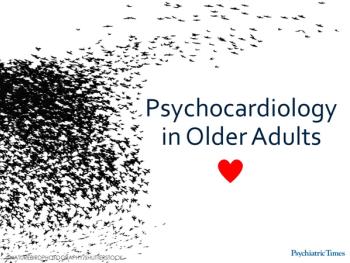
Three new studies shed light on the role of cardiac health in developing Alzheimer disease, depression, anxiety, and dementia.

Results from these studies yield important clinical implications to improve treatment and prognosis for patients with major depression.
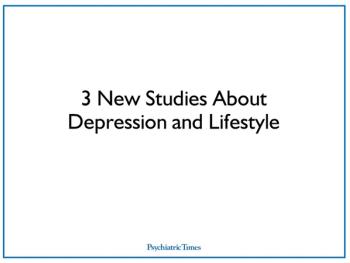
Three new studies highlight the link between depression and opioid overdoses; “early birds” are less prone to depression; and consuming fish may reduce the risk of depression.
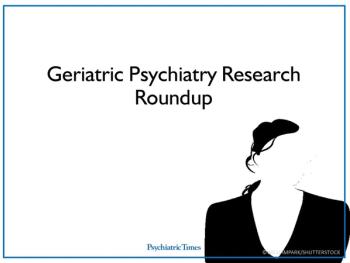
A research roundup about long-term prescribing guidelines, “psychogenic death,” and implications for patients with depression and pain.
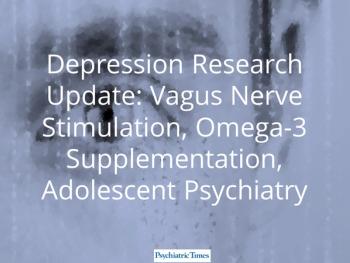
New studies in major depression find VNS improves the quality of life of patients with treatment-resistant depression and two other findings.
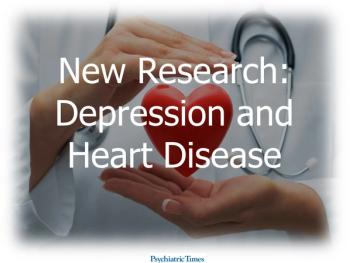
New research brings us closer to learning about the associations between psychological states, quality of life, and cardiovascular health.
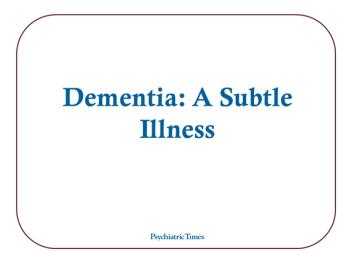
New data indicate that dementia is largely undiagnosed or unrecognized; exposure to general anesthesia and surgery can lead to a subtle decline in memory and thinking skills in older adults; and sarcopenic obesity in older adults may predict dementia.
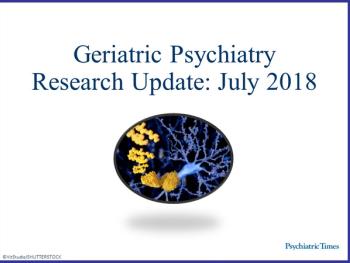
New research suggests that viruses and metals in the brain may exacerbate Alzheimer disease and deep brain stimulation shows promise in slowing cognitive decline.
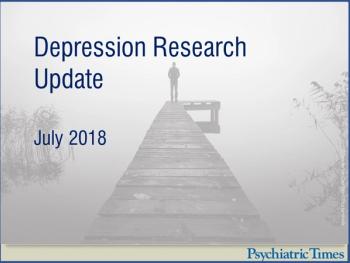
Highlights of 3 new studies investigate how to choose the best therapy for depression as well as the negative influences of polypharmacy and social media.
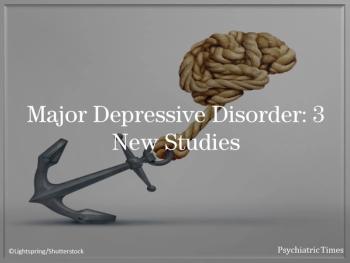
For the first time, a study has shown comprehensive evidence for the effect of depression on decline in overall cognitive function. Plus, 2 more findings.
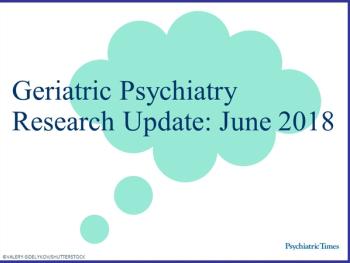
Three new studies examine research on biomarkers to predict lifetime risk of Alzheimer disease; diet and brain tissue volume; and cognitive impairment in active older adults.
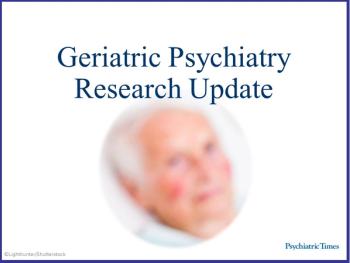
Hot off the press: Three new studies, including one that reports middle-age physically fit women are nearly 90% less likely to develop dementia decades later.
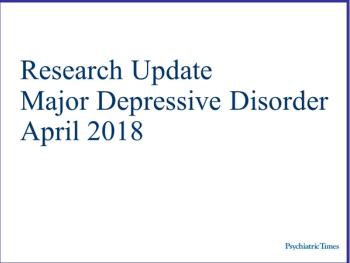
Relapse in MDD is associated with morphologic brain changes; stopping exercise may increase depressive symptoms; and inflammatory biomarkers may predict which treatment-resistant MDD patients benefit from ECT.
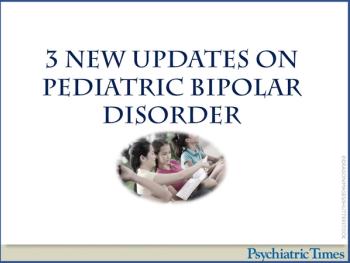
This report includes a study on patterns of prodromal psychiatric symptoms that may help identify young persons at increased risk of bipolar disorder; sibling bullying and risk of psychotic disorders; and a new smartphone app that tracks moods and predicts bipolar disorder episodes.
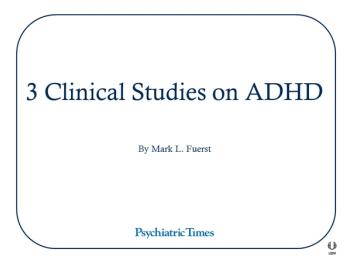
Highlights of 3 studies find that novel genetic variants for ADHD are linked to educational attainment; the prevalence of parent-reported ADHD diagnoses has not increased recently; and a video game-like intervention targets cognitive processes implicated in ADHD.
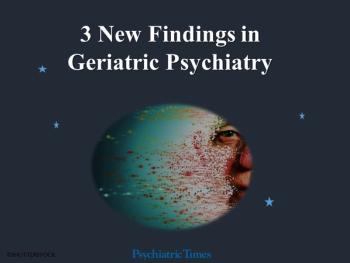
Lifestyle changes-more exercise, taking omega-3 supplements-may help those with dementia, and a protein found in the brain may be a marker for Parkinson disease. Details here.
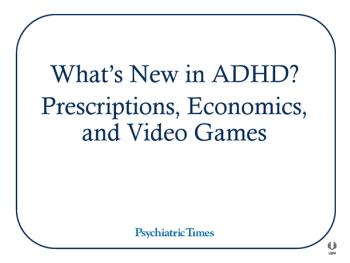
Who’s filling ADHD prescriptions now?

Three new studies on genetic risk factors and lifestyle; the transition from cognitive health to Alzheimer disease; and metabolic syndrome in depressed older adults.

The latest news includes revealing tweets, ADHD medications and STD risk, and new insights from functional MRI.
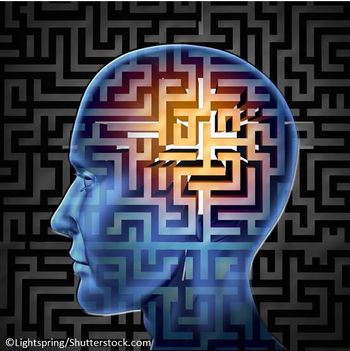
These common conditions may affect the risk of Alzheimer disease or the ability to cope with daily activities.
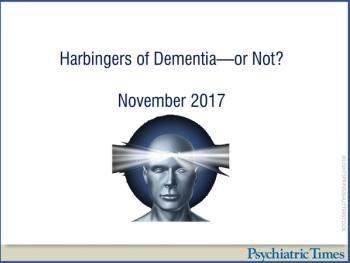
Hypertension, loss of sense of smell, personality changes: which can predict dementia?
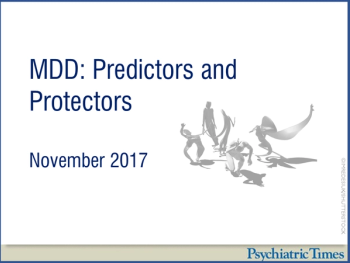
Researchers investigate links between depression and exercise, childhood sexual abuse, and diet.
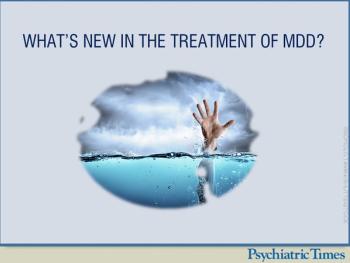
The latest news in the treatment of depression covers patient self-management apps, antidepressant efficacy in older adults, and strategies to improve adherence.
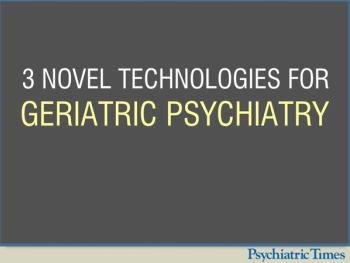
New tools for the armamentarium: a patient self-management app, a retinal imaging system, and a computer program for Alzheimer diagnosis.
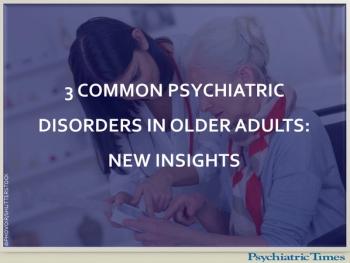
Are you up-to-date on the latest findings in mild cognitive impairment, dementia, and depression in elderly patients?
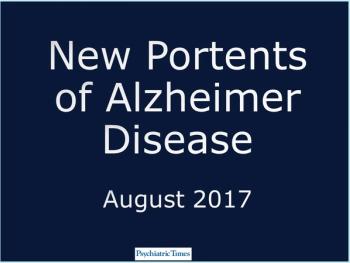
Researchers investigate Alzheimer disease in 3 key areas: sleep, seizures, and proton pump inhibitors.
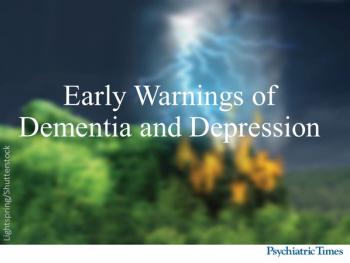
Among the clues revealed in 3 recent studies: brain amyloid, saliva biomarkers, and microvascular dysfunction.

Published: June 10th 2016 | Updated:

Published: May 9th 2016 | Updated:

Published: August 12th 2016 | Updated:

Published: January 7th 2016 | Updated:
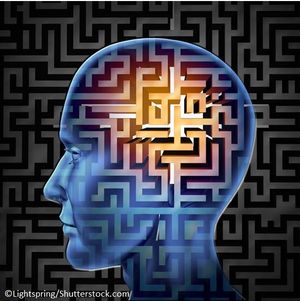
Published: November 30th 2017 | Updated:

Published: January 11th 2018 | Updated: